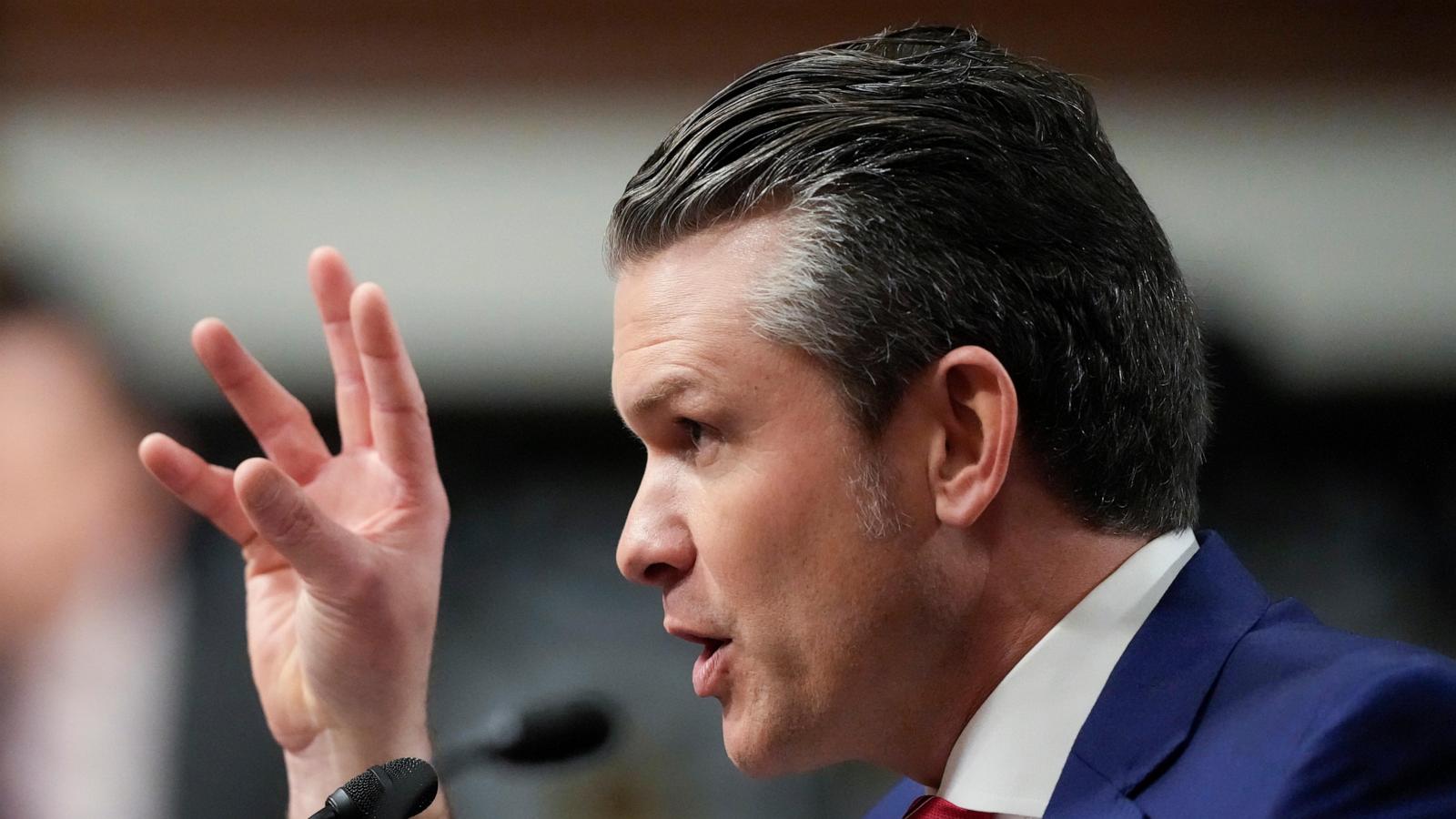Trump's Controversial Cabinet Picks Spark Public Doubt: Is the DOJ Fair?
Are you concerned about the fairness and impartiality of key government agencies under the Trump administration? A recent poll reveals that a significant portion of Americans harbor serious doubts, particularly regarding the Department of Justice (DOJ) and the FBI. This article delves into the public's apprehension surrounding President Trump's controversial cabinet appointments and their potential impact on these crucial institutions. Prepare to be shocked by the numbers!
Distrust in DOJ and FBI Soars Amidst Controversial Nominees
The appointment of several controversial figures to key positions within the Trump administration has sparked a wave of public concern regarding the impartiality of the DOJ and FBI. The recent AP-NORC poll underscores this apprehension, revealing that only about 2 in 10 Americans express "extremely" or "very" high confidence in these agencies acting fairly and in a nonpartisan manner. This low level of confidence extends across party lines, with Republicans and Democrats alike voicing skepticism. Such alarming distrust in our justice system has created considerable uncertainty about the upcoming administration and its potential impacts.
Low Confidence Levels Reflect Deep-seated Concerns
This lack of public trust is alarming. It's a far cry from the expected faith in the nation's foremost law enforcement and judicial bodies. This deep-seated concern reflects growing worries about potential political influence and interference. The poll's data highlights that roughly half of all Americans reported feeling "not very" or "not at all" confident, expressing significant distrust in the integrity of the judicial process under the new administration.
Analyzing Public Opinion on Key Cabinet Picks
Several nominees have faced immense scrutiny, particularly those chosen to lead the DOJ and the FBI. This skepticism towards particular individuals extends beyond party lines, further highlighting public skepticism. While many Americans remain undecided or uninformed on specific nominations, negative sentiment outweighs positive for multiple appointees.
Examining Nominee Approval Ratings
The poll shows underwhelming approval ratings for some of President Trump's highest-profile nominees, further contributing to public concern. For instance, only about 2 in 10 Americans approve of Pete Hegseth's nomination as secretary of defense, leading to considerable controversy regarding these choices. Similarly low approval ratings were reported for Tulsi Gabbard's nomination to serve as intelligence chief, adding fuel to the fire. The fact that such high-profile nominations suffer such widespread lack of support speaks volumes about concerns of conflicts of interests.
The Impact of Nominee Background and Experience
Many of Trump's choices come with unique backgrounds—lacking traditional government experience. This lack of government experience has led to additional public discussion, raising questions on qualification. Interestingly, approximately one-quarter of the polled population thinks it is good for the President to rely on such individuals. This highlights stark divisions within public opinion that must be addressed for the health and future of the nation. While this choice to pick people without significant government background is supported by Republicans, only a fraction of Democrats and Independents share this view.
Public Opinion on Appointing Individuals without Government Experience
This issue demonstrates a significant divergence in opinion across different groups and highlights a national discussion on selecting top leaders for our government. Some believe it benefits from fresh perspectives and unconventional approaches; others value the knowledge and experience from established government officials. The balance required in this choice is central to achieving a system that reflects the people's trust.
Robert F. Kennedy Jr.'s Nomination: A Case Study in Divisive Appointments
Robert F. Kennedy Jr., a prominent figure known for his vaccine skepticism, presents a particularly fascinating case study. Although relatively more popular among Republicans than others, still about 4 in 10 U.S. adults still “somewhat” or “strongly” disapprove of his nomination. His appointment highlights the complexities of navigating public sentiment on polarizing issues and balancing political ideology with expert judgment.
Analyzing the Disapproval of Kennedy's Nomination
The contrasting responses to Kennedy's appointment showcase the deeper divides and how important it is to address diverse and challenging perspectives. Kennedy's contentious nomination reveals significant divisions and sparks conversations surrounding expertise versus political influence. His selection as secretary of the Department of Health and Human Services poses significant challenges for effective governance.
Take Away Points
- Public trust in the DOJ and FBI remains low, with concerns about political influence.
- Approval ratings for Trump's controversial Cabinet nominees vary widely, adding fuel to concerns about governmental integrity.
- Public opinion diverges on appointing people without traditional government experience.
- Kennedy's nomination, a divisive decision, highlights the challenges in navigating polarizing figures and opinions.
The ongoing debate regarding Trump’s cabinet picks shows that Americans feel increasingly concerned about governmental accountability and unbiased processes. This situation necessitates deeper discussion about preserving institutional impartiality and strengthening public faith in government processes.




